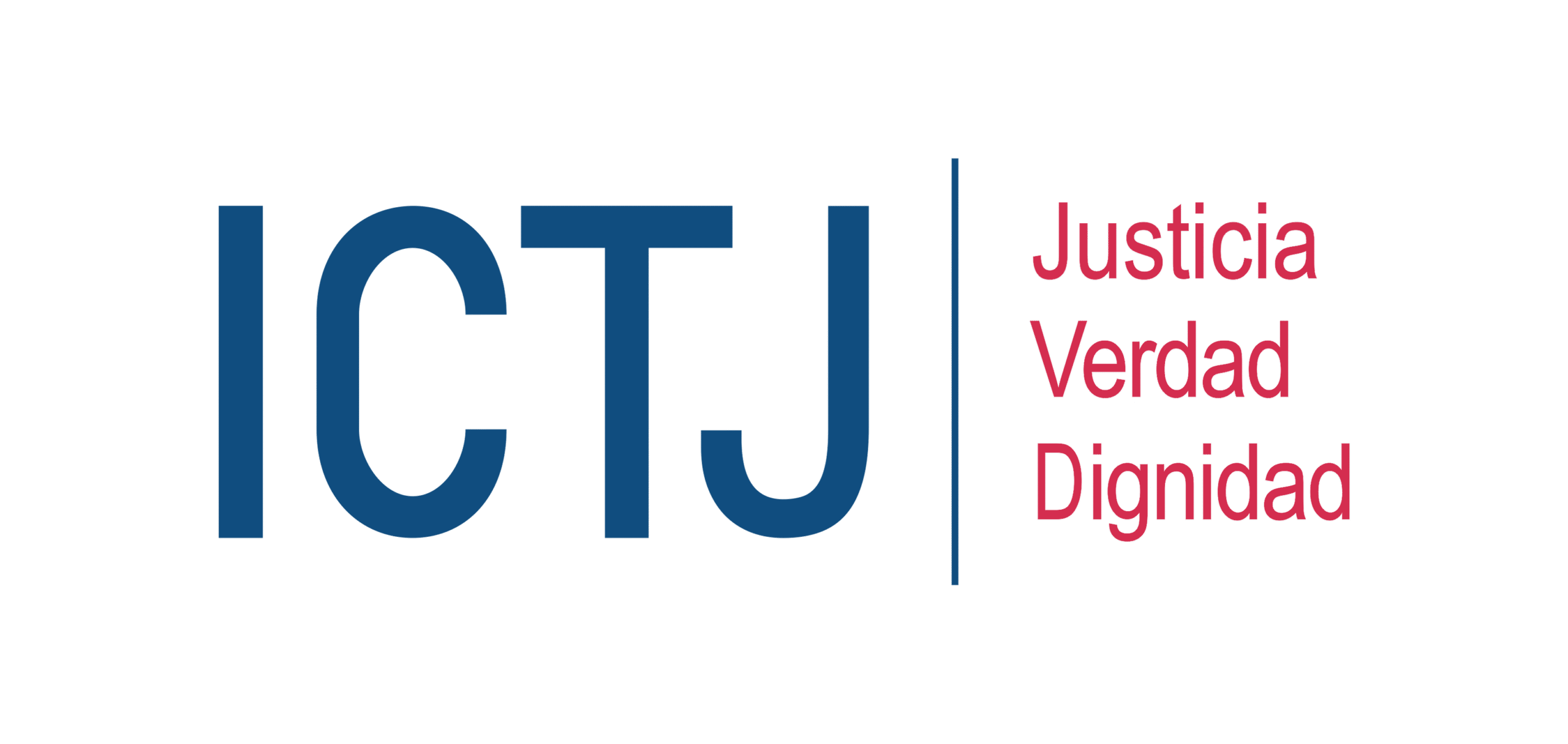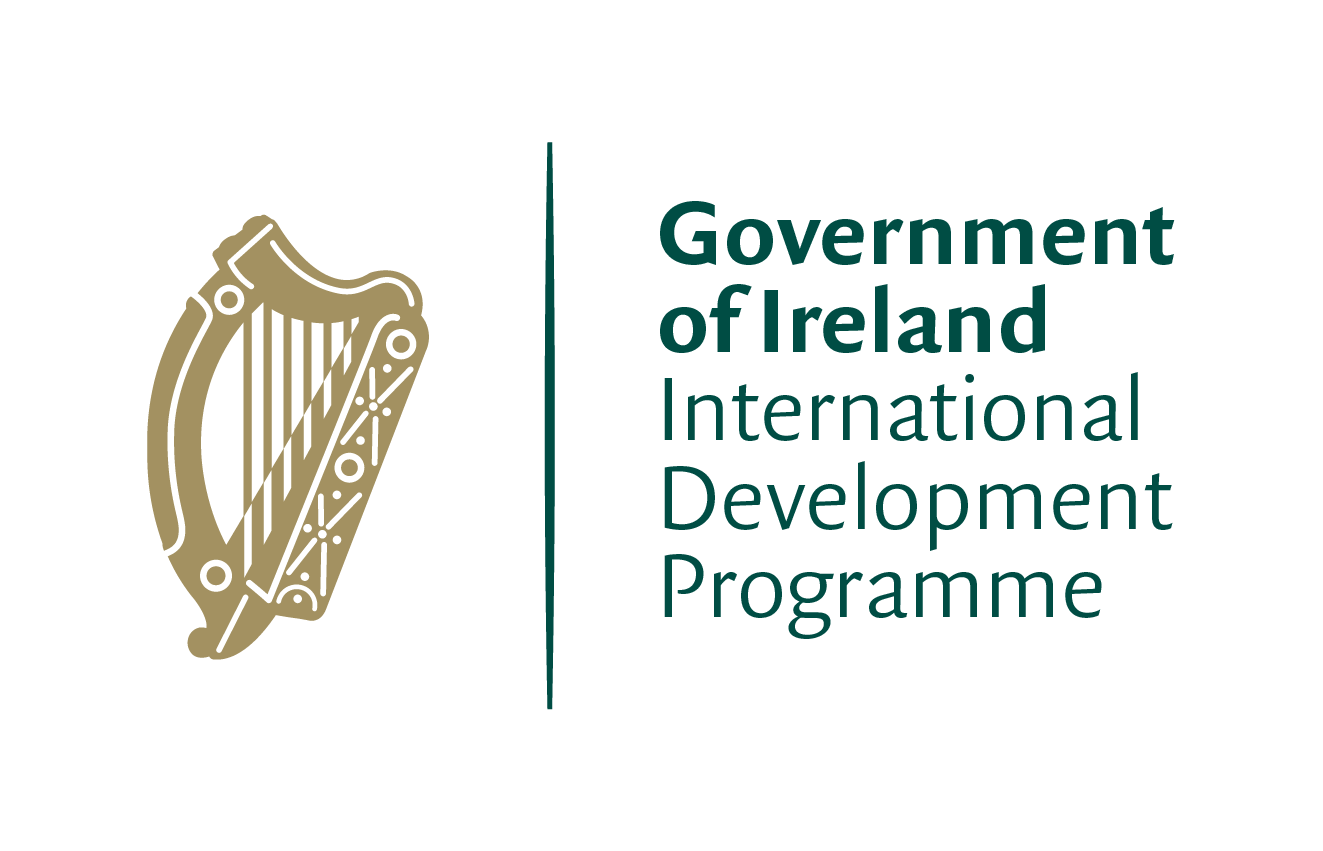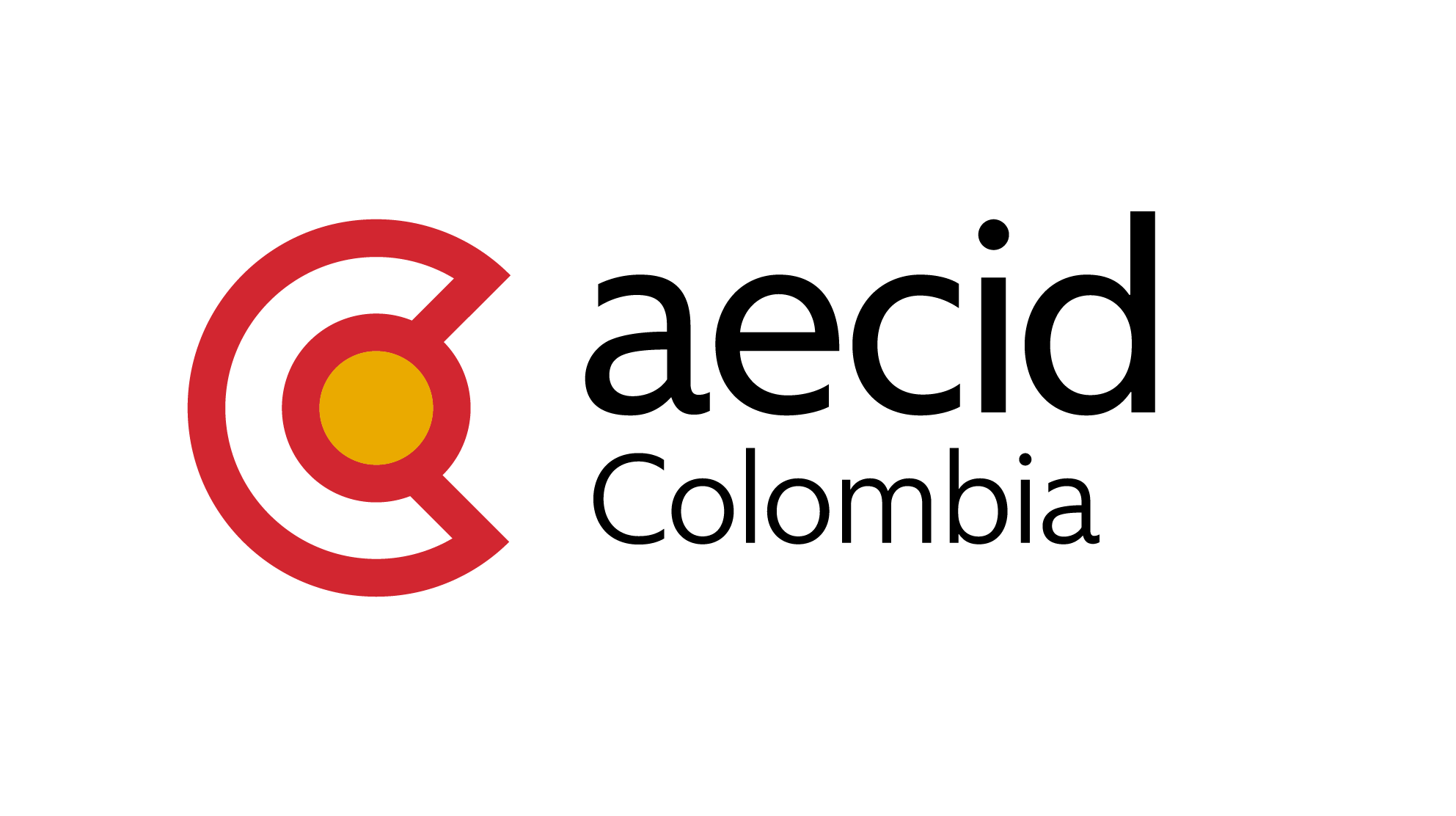Marriage and the UMH are the two concepts that exist in Colombian law through which the character of a family is recognised for a couple that would otherwise have no ties with each other. Marriage is formed from the celebration of a contract by which two people agree to unite their lives, while the UMH is built from cohabitation and the will to have a community of life expressed in everyday life.
| Differences | ||
| Marriage | Unincorporated Marital Union (UMH) | |
| Start | From the signing of the marriage contract. | From the first day of living together. |
| To whom it is made | Municipal civil court, notary's office, or religious authority. In other words, it can be civil or religious. | Notary, Conciliation Centre or Family Court of the Circuit. It can only be civil. |
| Name given to its members | Spouses, husbands or wives. | Permanent partners. |
| Means of proof | With the civil registration of marriage | Through the courts by proving cohabitation, with the declaration of the UMH. In the case of health and pensions, it can be proven by testimonies or extrajudicial declarations. |
| Patrimonial effects | From the moment of the celebration of the marriage. | They are presumed after 2 years of cohabitation. |
| International recognition | In general, marriage is recognised abroad. | Its recognition is limited to Colombia and its recognition abroad depends on its resemblance to a figure in the legislation of that country. |
| Prevalence | The marriage takes precedence over the UMH and in case of a previous union with the marriage it is terminated. | However, the UMH cannot exist simultaneously with the marriage. A property partnership cannot exist between permanent partners if the marital partnership has not been liquidated. |
| Legal action | Actions for divorce or separation of property (liquidation of the marital partnership) can be initiated at any time, even if the couple is no longer living together. | There is a period of one year from the physical and definitive separation of the partners, from the marriage with third parties or from the death of one or both partners, to take action to claim the separation of assets (liquidation of the patrimonial partnership). |
| In relation to protection in relation to the quality of beneficiaries of health, pension, the possibility of inheriting or opting for the marital portion, spouses, permanent partners enjoy equal legal protection. | ||
| Both figures are available to same-sex couples, without any limitations or conditions. | ||














